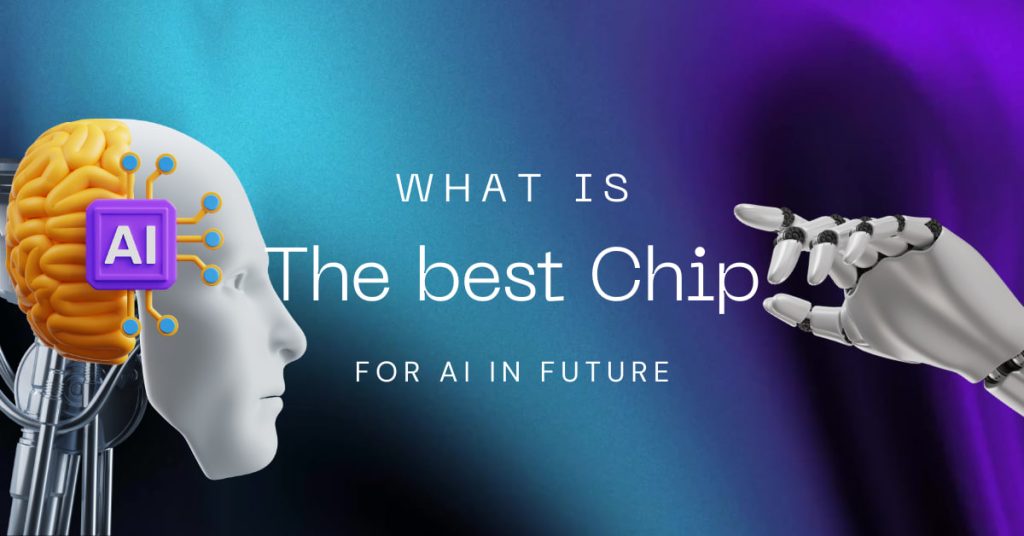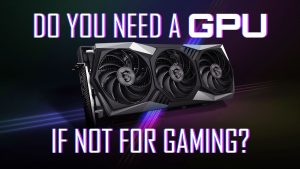As of my last knowledge update in January 2022, determining the “best” chip for AI can depend on various factors such as specific use cases, performance requirements, power efficiency, and budget constraints. Technology evolves rapidly, and new developments may have occurred since then. As of 2022, some prominent AI chip architectures include:
- NVIDIA GPUs (Graphics Processing Units)
- Intel CPUs (Central Processing Units)
- AMD GPUs (Graphics Processing Units)
- ASICs (Application-Specific Integrated Circuits)
- FPGAs (Field-Programmable Gate Arrays)
NVIDIA GPUs (Graphics Processing Units)
NVIDIA’s GPUs, especially those from the Tesla and A100 series, have been widely used in AI applications. They are known for their parallel processing capabilities, making them suitable for deep learning tasks.
Intel CPUs (Central Processing Units)
Intel’s Xeon and Core processors are commonly used for general-purpose computing, and Intel has been actively working on incorporating AI capabilities into their CPUs.
AMD GPUs (Graphics Processing Units)
AMD’s Radeon Instinct GPUs are designed for high-performance computing and machine learning applications, providing an alternative to NVIDIA’s offerings.
Google TPUs (Tensor Processing Units): Developed by Google, TPUs are custom-designed chips optimized for machine learning workloads. They are known for their high throughput and power efficiency.
ASICs (Application-Specific Integrated Circuits)
Some companies, like Bitmain and Graphcore, are developing AI-specific ASICs tailored for deep learning tasks, offering improved performance and energy efficiency for specific workloads.
FPGAs (Field-Programmable Gate Arrays)
FPGAs, such as those from companies like Xilinx and Intel (with their acquisition of Altera), offer flexibility and can be reprogrammed for different AI workloads.
The landscape is dynamic, and advancements in AI hardware continue. Researchers and engineers are exploring novel architectures, including neuromorphic and quantum computing, to address the increasing demands of AI applications.
To determine the best chip for AI in the future, it’s crucial to consider the specific requirements of the application, advancements in hardware technology, and the evolving competitive landscape. It’s recommended to stay updated with the latest developments in AI hardware as the field continues to progress.






